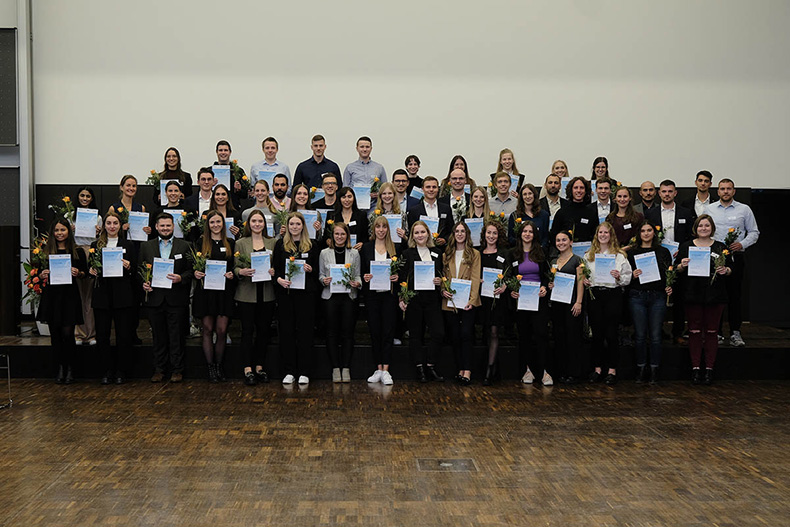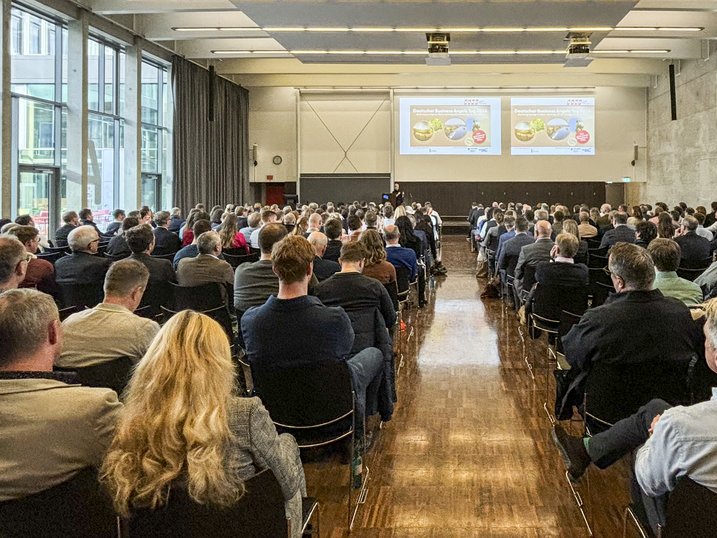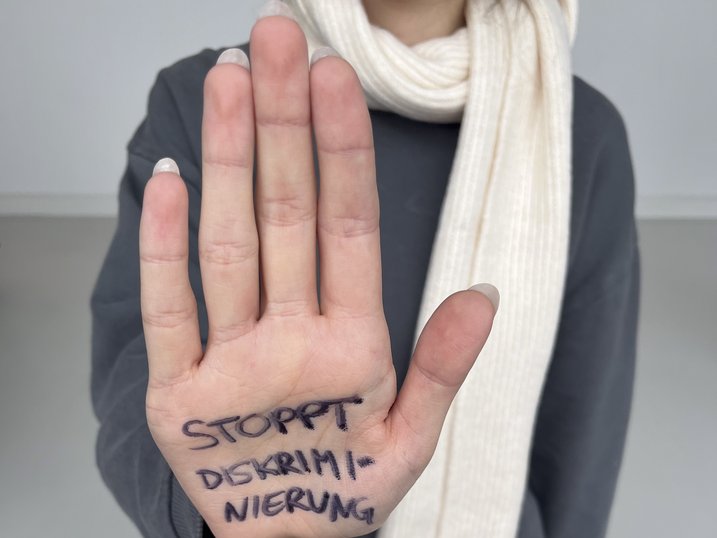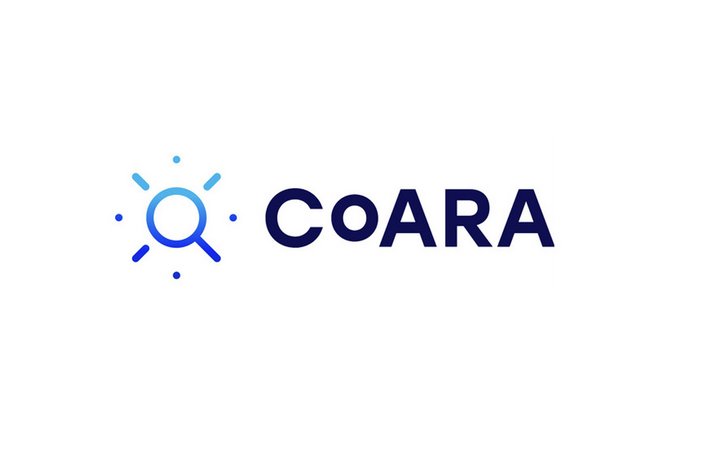A total of 78 students from all three schools of Mainz University of Applied Sciences will be awarded the Deutschlandstipendium this year for their excellent academic performance and exceptional extracurricular commitment. The award comes with a monthly scholarship in the amount of 300 Euro, initially limited to two semesters. 150 Euro of this amount is subsidized by the German Federal Government, while the other half is provided by a private sponsor, such as a company, a foundation, or a private individual.
“We are very pleased to finally be able to present the awards in person again after a two-year covid-induced break, and in addition to this, we have been able to secure the highest number of scholarships since the introduction of this award. Our heartfelt thanks go to the sponsors, whose support is by no means a given in light of the current situation,” emphasizes Professor Dr. Susanne Weissman, President of Mainz University of Applied Sciences. “Thanks to the commitment of the foundations, it is possible to support students for whom there are not enough sponsors from the private sector, as well as to select students for the Deutschlandstipendium according to their qualifications without being tied to a specific discipline. In view of their social responsibility, the foundations have increased the number of scholarships they are supporting this year, in some cases considerably. It is also very pleasing to learn that 28 scholarship holders from last year will continue to receive funding. This shows the increasing acceptance this form of support is gaining.”
A total of 34 companies and foundations are sponsoring the Deutschlandstipendium at Mainz University of Applied Sciences in 2022/2023, including six foundations and associations: the Alexander Karl-Stiftung, the Sigi und Hans Meder Stiftung, the Lotto Rheinland-Pfalz Stiftung, the Margret-Hölzemann-Begabten-Stiftung, the Carl Zeiss Foundation, and the Mainzer Wissenschaftsstiftung.
In addition to very good performance, the scholarship also acknowledges the following factors: social, political, and community involvement, involvement at the university, an unusual educational history, and studying in difficult circumstances, for example, in cases where family members have to be supported.
The Deutschlandstipendium, first introduced in 2011, has become an indispensable part of the German higher education landscape. In 2021 alone, some 29,000 scholarship holders were supported, with around 8,370 sponsors providing funding. Recipients often also benefit from non-material and networking support measures such as workshops, seminars, and mentoring programs.
For more information, visit:
http://www.hs-mainz.de/studium/deutschlandstipendium/index.html




